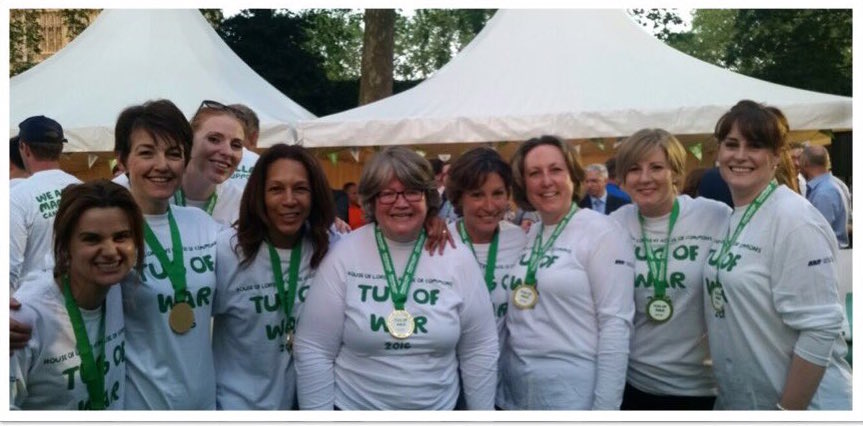I did not know Jo Cox. We had bumped into each other in the members’ cloakroom a few times, each heading to or from our bikes, but she was distinctive. Her diminutive stature combined with an effervescent energy meant she stood out as she beetled about the Palace of Westminster. She would appear in the lobby from time to time in her cycle gear, the faster to vote and get home to her family.
Her brutal murder left me speechless. I was on the M3, as I am so often these days, when I heard the news live on the radio. All I could do was ring my wife and sit in silent horror. A family devastated, a young, bright politician butchered in the streets of a quiet Yorkshire town, and our entire sense of ourselves rocked with disbelief. At home that night, we pulled our children close and thought about her children who would wake the next morning to the first day of a life without their mother.
From the many tributes, it is clear that Jo Cox was a remarkable woman. A loving wife and mother, a dedicated advocate for those in whose cause she had worked over the years, and a proud constituency MP. As her friend Andrew Mitchell MP put it “A five foot bundle of Yorkshire grit.” She will be missed and we all mourn for her husband, who has shown remarkable dignity in the face of horror, and her children, who will miss her every day and in time, grow to be proud of their courageous mother.
Many people have tried to draw lessons from her senseless killing about the security of MPs and the nature of our politics. For my part, I believe that there is little we can do about the safety of Members of Parliament, but a lot we can do about the nature of politics.
I recently met a delegation of Kurdish residents of Andover. First generation immigrants, they came to see me to talk about the plight of the Kurds in Turkey. As they left they expressed pleasant surprise that they were able to meet me face to face so easily and said that such a meeting would be unheard of in Turkey.
Indeed, many people from overseas express their astonishment that Members of Parliament meet our constituents in person to hear of their problems and answer their questions, and that we wander around our constituencies living as our electors do. Apart from the Prime Minister and a handful of Secretaries of State, we are free from any kind of protection or barrier between them and us. Long may it continue, and if it does, it will be impossible to make MPs completely safe. It is a risk we all have to accept, that a fixated person with a grudge and the capability might decide to kill or maim us and our staff or families. We can take precautions certainly but mainly we have to console ourselves that in the UK such political violence is extremely rare.
As to the nature of politics, I believe that our fate is in our own hands. There is no point blaming social media, or the press and public. We politicians set the tone ourselves and we are responsible for the esteem or otherwise in which we are held.
Trot, Scum, Traitor, Fascist, Thief: these ad hominem ‘unparliamentary’ accusations are often spat out in political debate. In the House, we MPs find more subtle ways to demonise one another. But all of these insults arise from an insidious self-generated poison that infects the wider polity and public.
Reflecting on Fathers’ Day yesterday I was also achingly aware that were my daughter to enter politics or another high-profile field, she would be subjected to a barrage of hate far beyond that which my two boys would experience by dint of her gender alone. I get some unpleasantness online, but it is nothing compared with what my female colleagues deal with each day. This is something my wife, a Gender Studies graduate, has long observed, of which I’m becoming increasingly conscious.
Just a couple of months ago The Guardian analysed 70-million user comments on its website and discovered that 8 of the 10 regular writers who took the most abuse were women; the other two were black men. Clearly, there is a special venom reserved for women who have the temerity to put themselves forward in public life.
If Jo Cox’s terrible murder results in anything, I hope it will be a more civilised discourse among politicians in the battle of ideas. Only then can we hope for a similarly more civilised discourse on social media and in the press, and of course on the sofas and around the kitchen tables of those who elect us.

